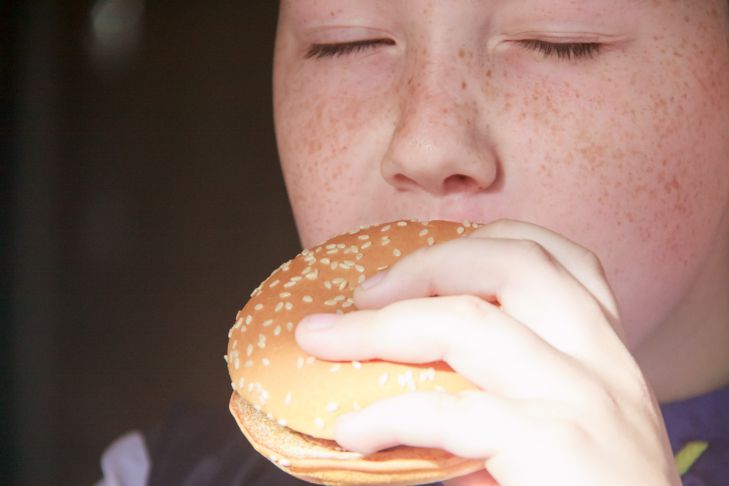Compulsive overeating is a common and serious problem.
What is compulsive overeating
Compulsive overeating includes several key signs.
First, eating occurs much faster than usual.

Second, you continue to eat until you feel that you have eaten too much.
It is also typical to eat a large amount of food without a physical feeling of hunger. Often, eating occurs alone.
After overeating, a feeling of disgust, shame or guilt arises.
These signs may indicate the presence of compulsive overeating and require attention for timely intervention and treatment.
How to reduce the risk of overeating
To reduce portion sizes and give preference to healthy foods, it is important to follow several recommendations.
First, do not skip breakfast, as it helps to start the day with proper nutrition and reduces the likelihood of overeating during the day.
Secondly, avoid buffets where it is easy to overeat due to the large selection of dishes.
Choose food consciously, paying attention to its quality and health benefits.
Try not to cook huge pots of food to avoid the temptation to eat more than you need.
Use small dishes, as this helps control portion sizes.
Feel free to use food storage containers to divide large portions into several meals.
Keeping a food diary can also be useful, as it helps you track what and how much you eat, and make more conscious choices in favor of healthy foods.
Sometimes binge eating is a serious problem that requires diagnosis and treatment.












